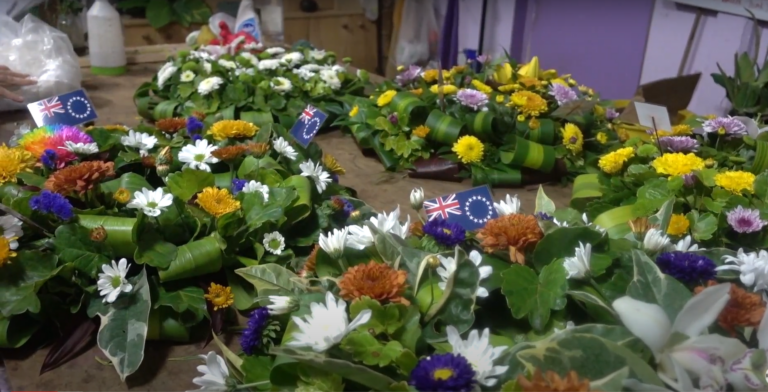
Celebrate Birthdays with Island Craft’s Vibrant Birthday Packages in Rarotonga and Pa Enua
Birthdays are a time to celebrate with love and joy, and a beautifully crafted bouquet
in NZD dollars via ANZ
and Pa Enaua
Order and pay online
Around Rarotonga Order before 1pm
In Polynesian culture, the conch shell, often referred to as a “pu” in Hawaiian or “pū” in other Polynesian languages, is traditionally used as a wind instrument. The conch shell is an important cultural symbol and plays a significant role in various ceremonies, rituals, and everyday activities.
The conch shell is highly revered in Polynesian societies for its powerful sound, which is believed to carry spiritual significance. It is used to signal the start of important events, gather people for meetings, and communicate across long distances. The resonant sound of the conch can be heard over great distances, making it an effective tool for communication in pre-modern times.
During ceremonies, the conch shell is often blown to invoke the presence of deities, mark the beginning and end of rituals, and honor significant moments. It is commonly used in religious ceremonies, such as traditional Hawaiian chants (oli) and hula performances, as well as in other Polynesian cultures’ ceremonies, such as Samoan and Tongan rituals.
Creating a conch shell instrument involves carefully selecting a shell, often from large marine snails, and preparing it by cutting a hole near the tip or apex of the shell. This opening allows the player to blow into the shell, producing a deep, haunting sound. The craftsmanship of the conch shell varies, with some shells being intricately decorated or carved to reflect their cultural significance.
Today, the conch shell continues to be an emblem of Polynesian cultural identity and heritage. It is used in contemporary cultural events, tourism, and education to preserve and promote traditional practices. Musicians and cultural practitioners still use the conch shell in performances and ceremonies, maintaining its relevance in modern Polynesian society.
The conch shell remains a powerful symbol of connection to the natural world and the spiritual traditions of Polynesia, embodying the rich cultural legacy of the islands.
share this :

Birthdays are a time to celebrate with love and joy, and a beautifully crafted bouquet

Each year on April 25, the Cook Islands join Australia and New Zealand in commemorating